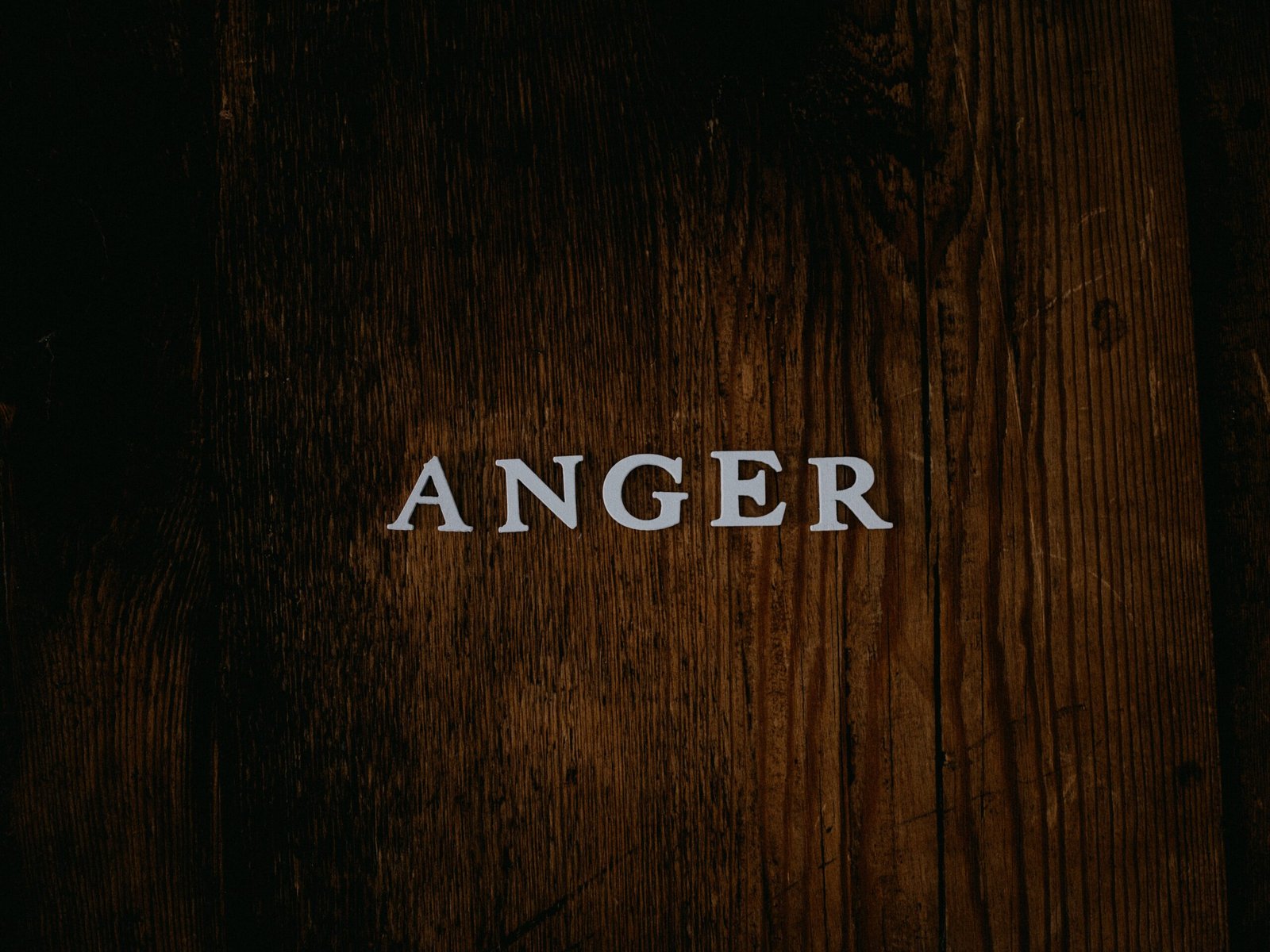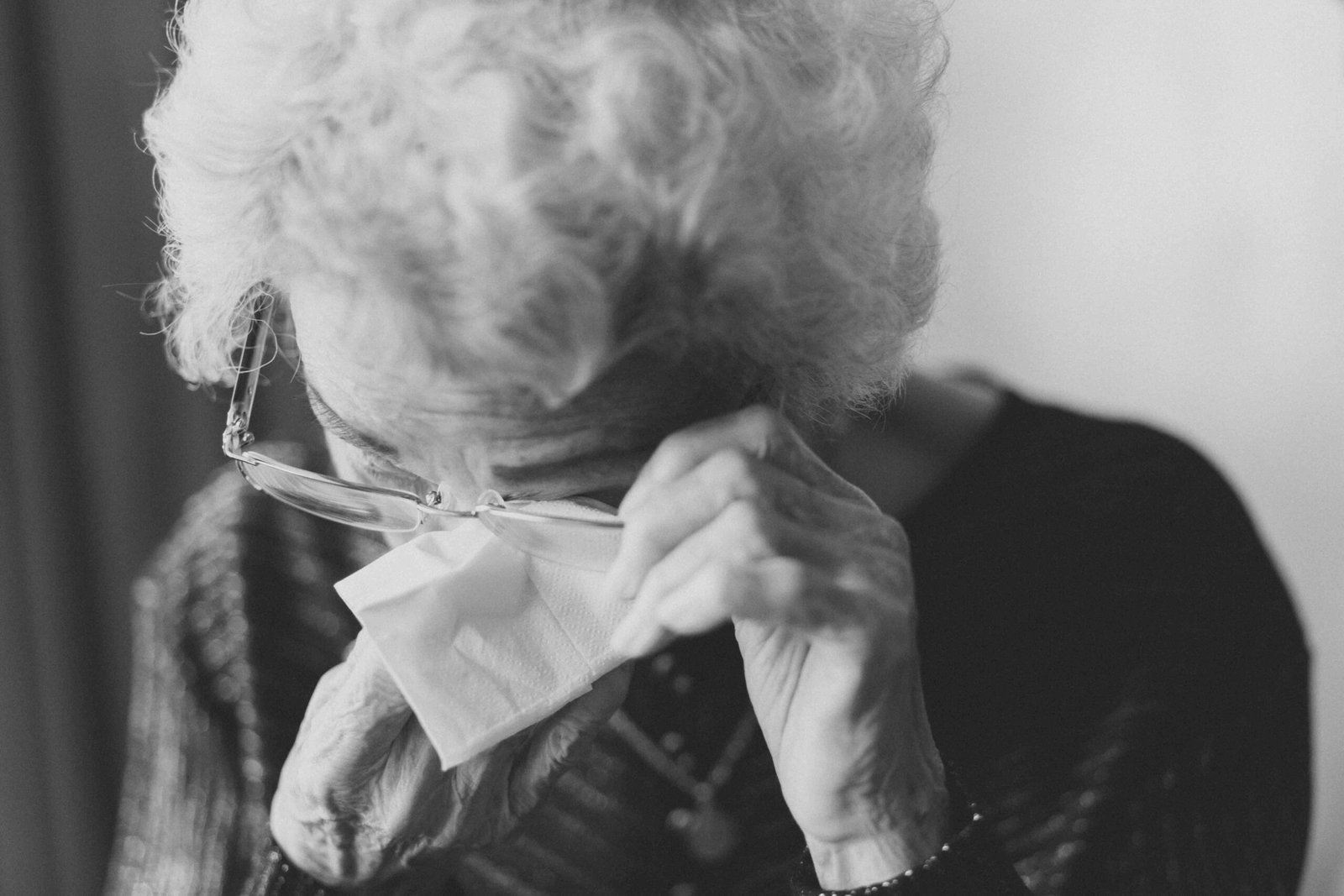Kubler-Ross identified five stages of grief that are commonly experienced when one suffers a loss: denial, anger, bargaining, depression, and acceptance. Some scientific studies indicate there could be seven stages of grief. The other two stages are shock and testing. The former happens just before people sink into denial. It’s understandable when the news of the death of a loved one initially hit us we are shocked even when we’ve had time to prepare for the death of loved ones. The latter happens before acceptance. It’s a way of asking ourselves whether we’re forgetting our loved ones. Are they forgotten? Gone? It’s testing dealing with all these questions but resolving them opens room for acceptance.
It’s only natural to feel grief when we lose something or someone dear to us. After all, grief is the emotion we experience in response to loss. Whether it’s the death of a loved one, the loss of a job, or even the end of a relationship, grief can be a very difficult and painful emotion to deal with.
The Five Stages of Grief
There are generally five stages of grief that people experience: denial, anger, bargaining, depression, and acceptance. While it’s not always linear, grief often follows this pattern as we try to make sense of our loss and come to terms with it.
1.Denial
Denial is often the first stage of grief. It can be a defence mechanism that helps us to cope with the pain of loss. We may try to convince ourselves that the person or thing we’ve lost isn’t really gone, or that this is all just a bad dream. Denial can be a way of protecting ourselves from the full force of grief.
2.Anger
Anger is another common emotion we feel when we grieve. We may be angry with ourselves, with the person or situation that caused the loss, or even with the person or thing we’ve lost. This is normal and natural. It’s important to express our anger in a healthy way, through outlets like journaling, talking to a friend, or exercising. Self-blame for what could have been done differently aggravates the pain. Making peace with death is almost impossible but remains the surest path towards finding happiness. If unaddressed, this anger grows and leads to bitterness and frustrations.

3.Bargaining
Bargaining is often a way of trying to regain control when we feel like we’ve lost it. We may find ourselves making deals with God, the universe, or even the person or thing we’ve lost. For example, we might say “if only I had done X, then this wouldn’t have happened.” This stage can be painful, as it reminds us of what we could have done differently.
4.Depression
Depression is common in grief, as we may start to feel hopeless and helpless. We may withdraw from friends and family, stop taking care of ourselves, and lose interest in activities we used to enjoy. It’s important to reach out for help if you’re struggling with depression. grief can be a very difficult thing to go through alone.
5.Acceptance
The final stage of grief is acceptance. This doesn’t mean that we’re happy about the loss, or that we’ve forgotten about the person or thing we’ve lost. But it does mean that we’ve come to terms with what happened and are able to move on with our lives. It opens us to the possibility of smiling through the storm in hopes of bright and sunny summer.
Grief is not taught
One cannot tell how sooner or later one gets to a specific grief stage. The grief process is unique to every individual and is not entirely time-bound. It depends on numerous factors such as the relationship with the deceased, the circumstances of the death, one’s culture and religion, support system, and personality.
There is no single grief timeline that applies to everyone. Grief doesn’t follow a neat and tidy progression from one stage to the next. You may find yourself moving back and forth between stages, or even skipping certain stages altogether. And that’s okay.

Grief is a natural and powerful emotion. It’s normal to feel overwhelmed by grief at times. But if you find that grief is interfering with your day-to-day life, it may be time to seek out professional help. grief counsellors and therapists can offer support and guidance as you work through your grief.
Which is the hardest grief stage
Is there any easier grief stage? However, acceptance is considered as the hardest among all grief stages since it means one coming to terms with the finality of death.
Be strong
No matter what stage of grief you’re in, know that it’s normal and natural to feel this way. There is no right or wrong way to grieve, so do whatever you need to do to take care of yourself. Seek out support from friends and family, or a grief counsellor if you need extra help. And be patient with yourself as you work through this difficult time. Here at the Joy Vibes, we silently cheer you along.
It may not feel like it at the moment but you’ll smile again!